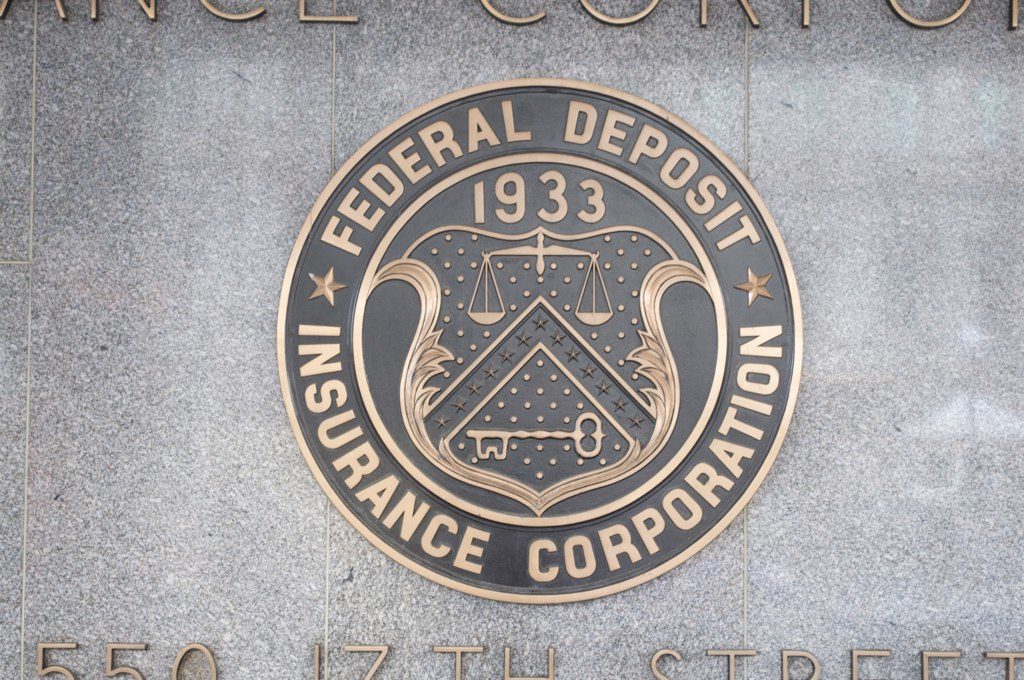
A former executive with Tennessee Commerce Bank has been charged with intentionally deceiving federal regulators in 2009. The Franklin-based institution was the first in the state to fail amid the recent banking crisis, falling into receivership in 2012.
The U.S. Attorney in Nashville says the chief operating officer, Lamar Cox, caused Tennessee Commerce to make false statements to the FDIC in 2009. Prosecutors say Cox “devised a scheme” to delay reporting of foreclosure losses so the bank’s books would look better to examiners.
The investigation was conducted by the inspector general for the Troubled Asset Relief Program, also known as TARP. Tennessee Commerce received $30 million during the bank bailout.
TARP investigators have focused primarily on banks where the government didn’t get its money back, as in the case of now-defunct Tennessee Commerce. By the end of 2016, 374 bankers had been charged, with roughly half of them heading to prison.
More:
See the latest report on TARP’s effort to recover misspent money
The particulars of Lamar Cox’s case appear to be on a slightly smaller scale than others, even though most of the convictions don’t involve the country’s largest banks (
download the indictment).
In 2009, Tennessee Commerce was already under heightened scrutiny from regulators.
“I suspect [the bank] is going to hell in every category,” Cox wrote in an internal email recovered by investigators. “If the bad loans do not go away, then the bank does not survive.”
Prosecutors say an unnamed executive — not Cox — issued an “edict” to remove foreclosures from the bank’s books by the end of the third quarter in 2009. A few weeks before the deadline, Cox allegedly sold eight parcels that had been foreclosed, including a Goodlettsville office building. The selling price of roughly $4 million meant the bank suffered a loss of $710,000. But Cox directed employees to delay reporting the full loss and chalk it up as a “posting error.”
Prosecutors say Cox was artificially inflating the bank’s profitability. While the dollar figure was low relative to the bank’s billion dollars in assets, it was enough to inflate the bank’s quarterly earnings by 36 percent. The next day, the company’s stock price increased by 48 percent.
If found guilty, 73-year-old Cox could face up to 30 years in prison and a criminal fine of as much as $1 million.
The bank’s former CEO, Michael Sapp, was also facing fines of $485,000 in 2014. The
civil penalty was for violating his fiduciary duty to the bank in how it handled TARP money. Sapp has fought the charges. His attorney says Sapp expects to pay far less than the original amount and the remaining count has nothing to do with TARP.
This post was updated at 2:30 p.m.


